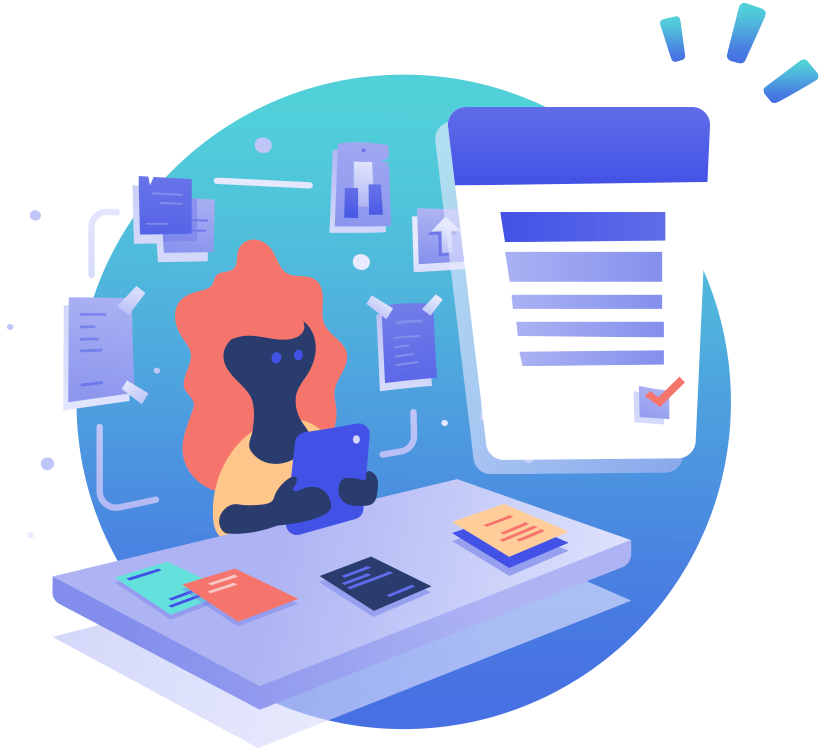What Is (Book) Metadata
Glossary > Metadata
💬 Definition of Metadata:
Metadata refers to the information about your book used by online stores, bookstores, and readers. It includes the author's name, title, subtitle, series information, language, categories, keywords, reviews, pricing, and description.
Related questions about metadata:
What should you include in your book metadata?
Some of the details you need to include were already mentioned. Here's a more comprehensive list of what you can include in your book's metadata:
- Title
- ISBN
- Author
- Book media/format
- Publication status
- Genre
- Categories
- BISAC codes (these codes assign standard categories to books)
- Description
- Publication date and/or On-sale date
- Sales Territory
- Page count (for print and ebooks)
- Total runtime (for audiobooks)
- Spine size
- Trim size
- Table of contents
- Excerpt
- Citations (professional reviews and endorsements)
- Keywords
- Title relationships (comp titles, the author's other books)
- Target audience, age & grade ranges
Why is book metadata important?
An effective book metadata boosts discoverability, whether we talk about ebooks or physical books. Online, people will search using a category, the author's name, the book's title, or keywords describing what they want to read next. In a bookstore, metadata helps librarians place your book in the right category. In the ebooks' case, optimized metadata also helps your book rank in the correct queries.
The book description, which is an essential part of metadata, along with the book's design, is the first thing people will see. This is why it's important to make it right.
How to write an effective book metadata?
There are a few things you should keep in mind when writing your book's metadata:
- Make sure to include keywords. For this, you have to conduct keyword research. Think of your target audience and the kind of words or phrases they'd type out. You can use Google, Amazon, Bing, and other sites to get keyword ideas by typing your search term into the search bar. You'll get suggestions before you finish typing.
- Use simple language.
- Avoid time-sensitive language, such as coming soon or latest, to keep it relevant for more than just a few days.
- Choose bullet points for non-fiction.
- Start with a powerful hook for fiction.

Write more.
Worry less.
Publish and distribute your books to hundreds of stores worldwide in ebook, print or audio formats.